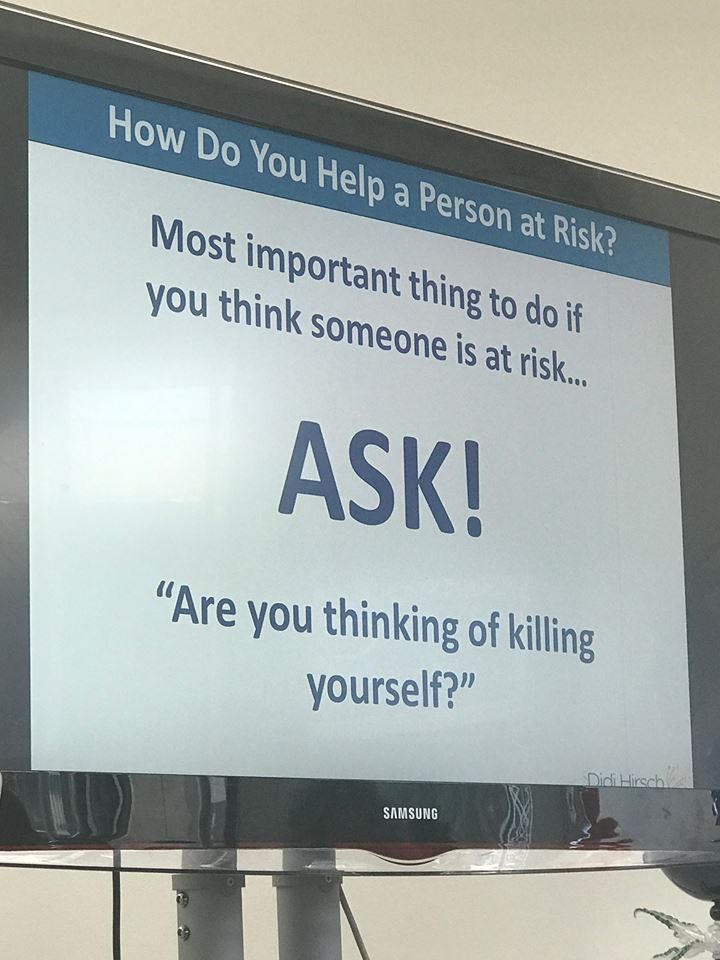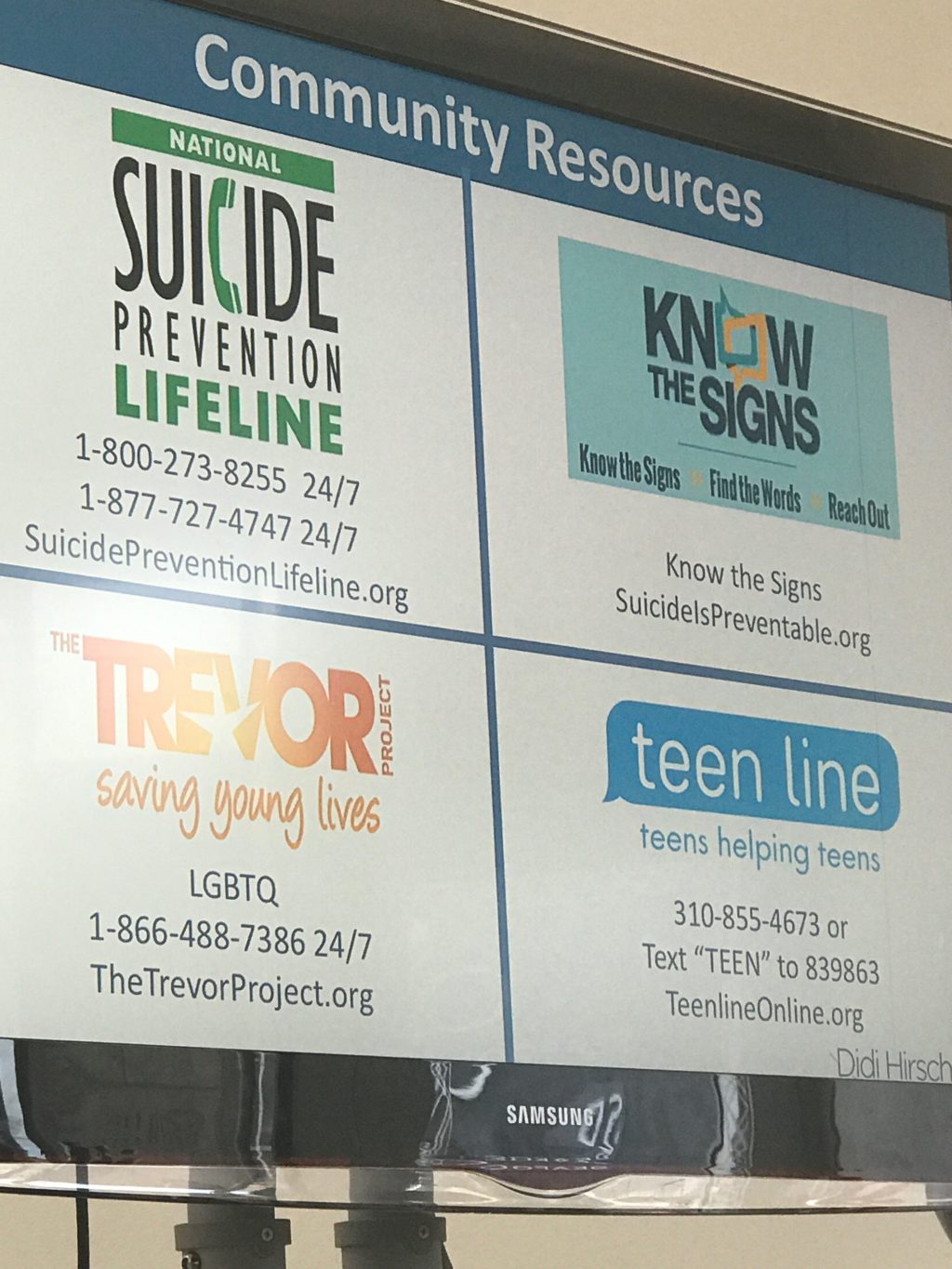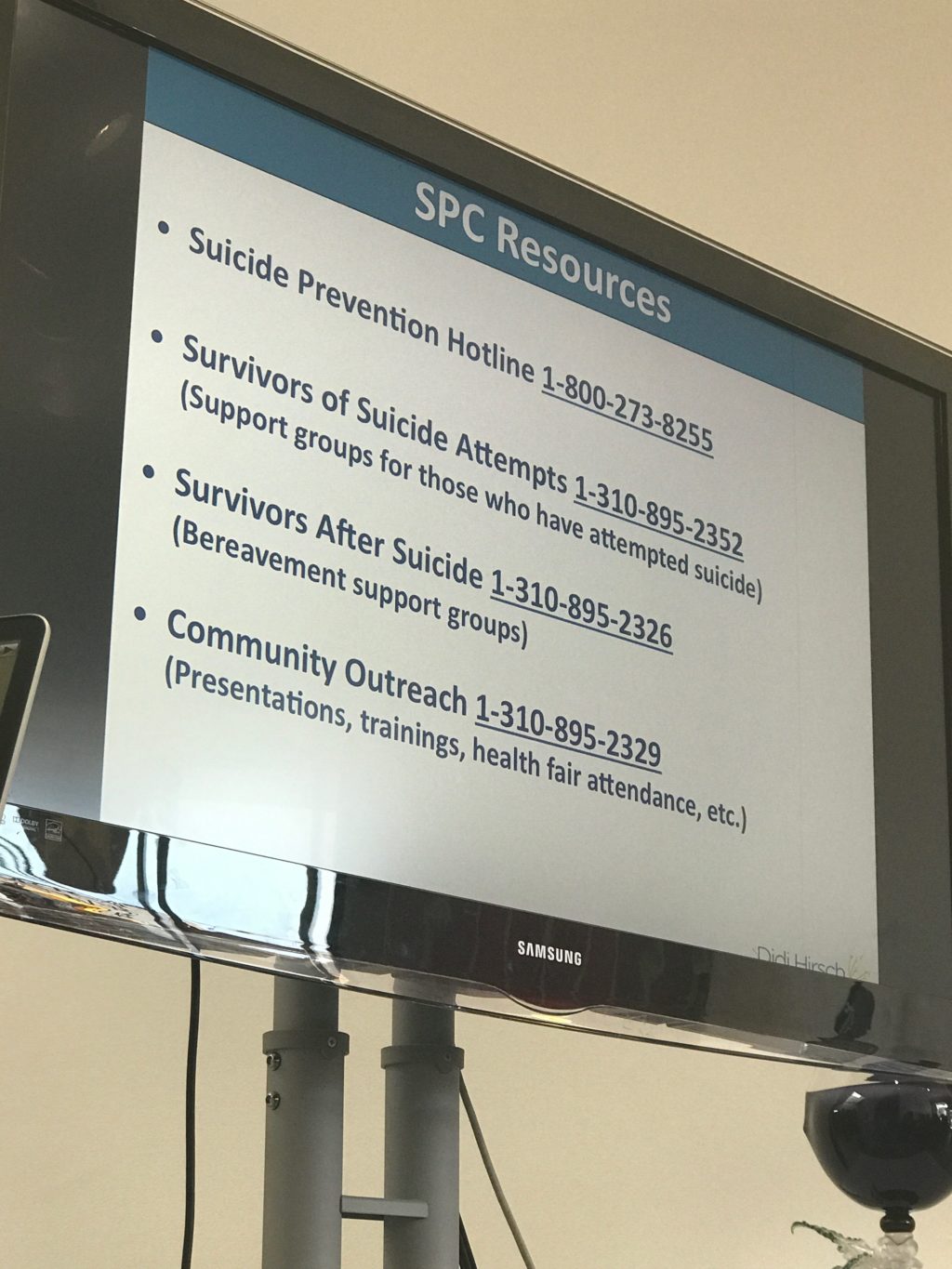Craft in Action: Art & Mental Health
To join in on the conversation, use #craftinactionmentalhealth on social media.
This past weekend, the Craft in America Center hosted the second in series about art as a vehicle for social change: Craft in Action: Art & Mental Health.
The exhibition Kazuki Takizawa: Catharsis Contained set the stage for this talk between artist Kazuki Takizawa and author and USC professor Elyn Saks; the conversation was moderated by Dave Leon of the Painted Brain and began with each of the speakers taking us on each of their personal journeys.
Kazuki spoke about how the systems in Japan and the US are shrouded in stigma and he makes work to try and make something beautiful to start a conversation about the topic and why he works with glass: “When I think of glass I think about it breaking. It’s very precious – throughout history only the wealthiest could own it. It’s a very poetic expression to use specifically glass. Glass can be so many different things: transparent, opaque, sharp, smooth…”
As Saks spoke about her dealings with mental illness, one of the things that really stuck out was what helped her get through it: excellent psychotherapy, supportive family, work that’s engaging, and work with a support system with a system to check her work. “My mind is my best friend and my worst enemy,” Saks related.
Dave Leon spoke about wanting to specifically not be profit oriented, to do no harm, and to actually do good. For Leon, the most helpful things to deal with his mental illness is to stay creative and stay active, be surrounded by caring people, and feel like he’s making a change. Leon split off from Didi Hirsch Mental Services to create the Painted Brain–where it had started as a group class, so they could engage with a younger audience–using the arts as a vehicle to be together and feel safe with each other. Leon expressed that art can capture so many feelings and words don’t really express everything we feel.
A common trope throughout the talk was the acknowledgement that there are a lot of people dealing with mental health issues but are keeping it to themselves because of stigma. Saks told a story about how she had been given a T-shirt with schizophrenia on it and was ashamed to wear it, but would she be ashamed to wear a cancer pin? Leon suggested having compassion for one’s self and he actively tries to help people look inward and how to not turn against themselves.
In regards to mental illness and art making, all three agreed that seeking help from professionals and even prescribed medication did not take away from the creative process. A question that Takizawa gets asked often is, “Would you be creative if you were healthy?” Takizawa’s response is always, “I couldn’t make work if I wasn’t healthy.”
After the talk a representative from Didi Hirsch Mental Health Services gave a suicide prevention talk that was very helpful. Below are a few slides from the presentation. Feel free to share.


